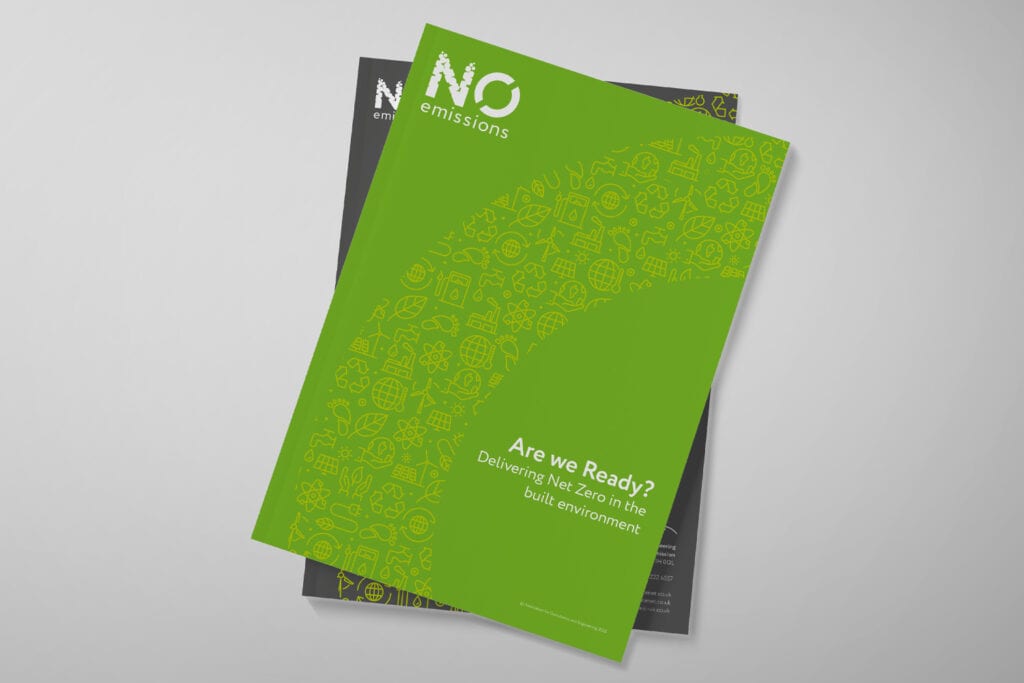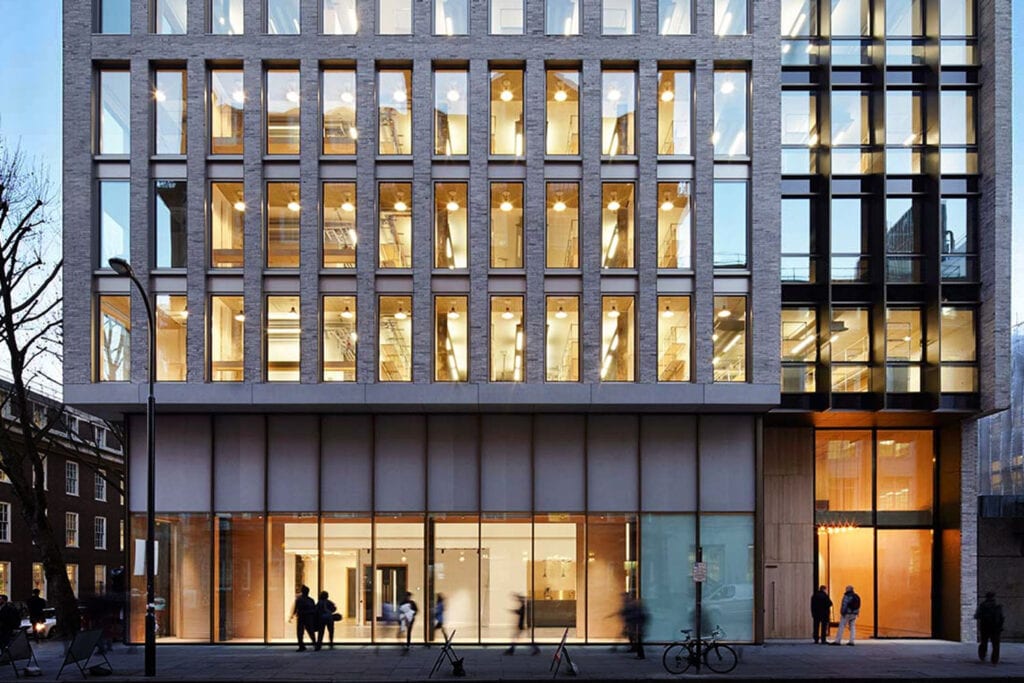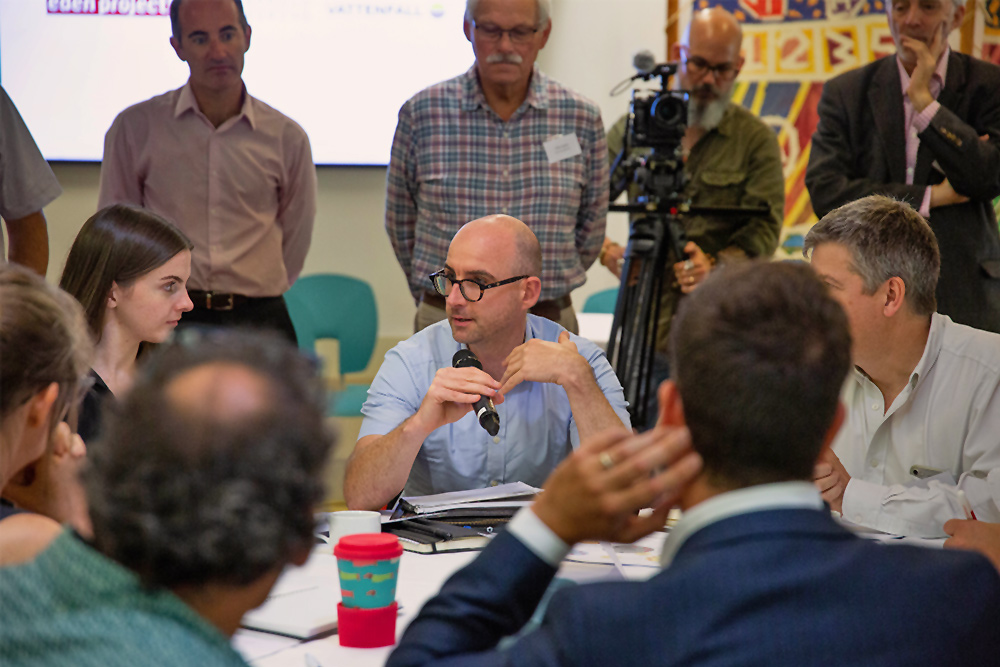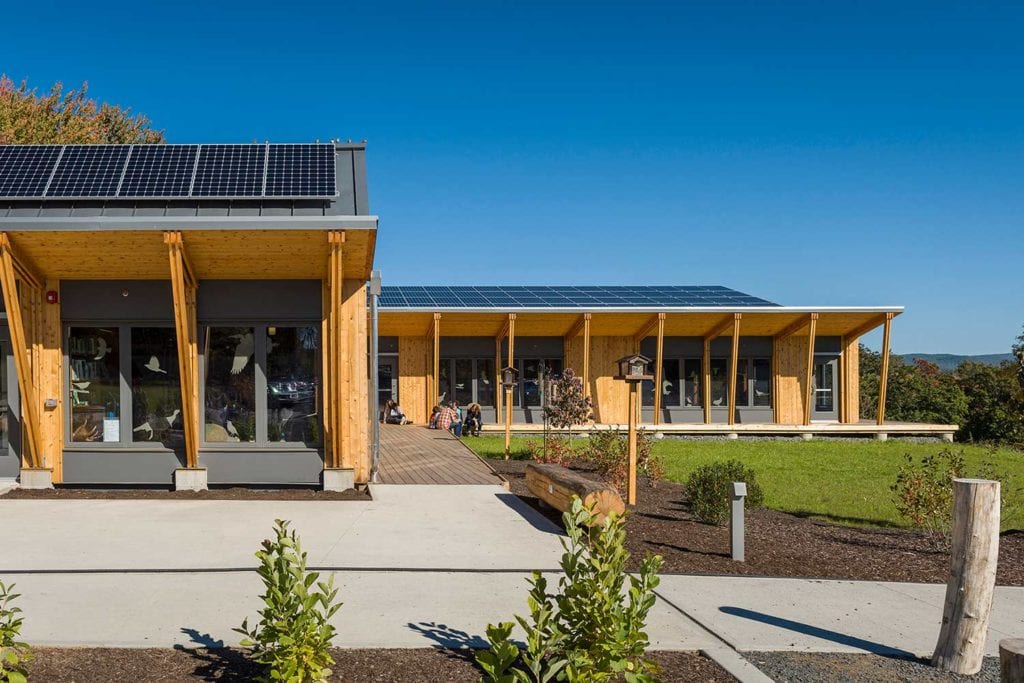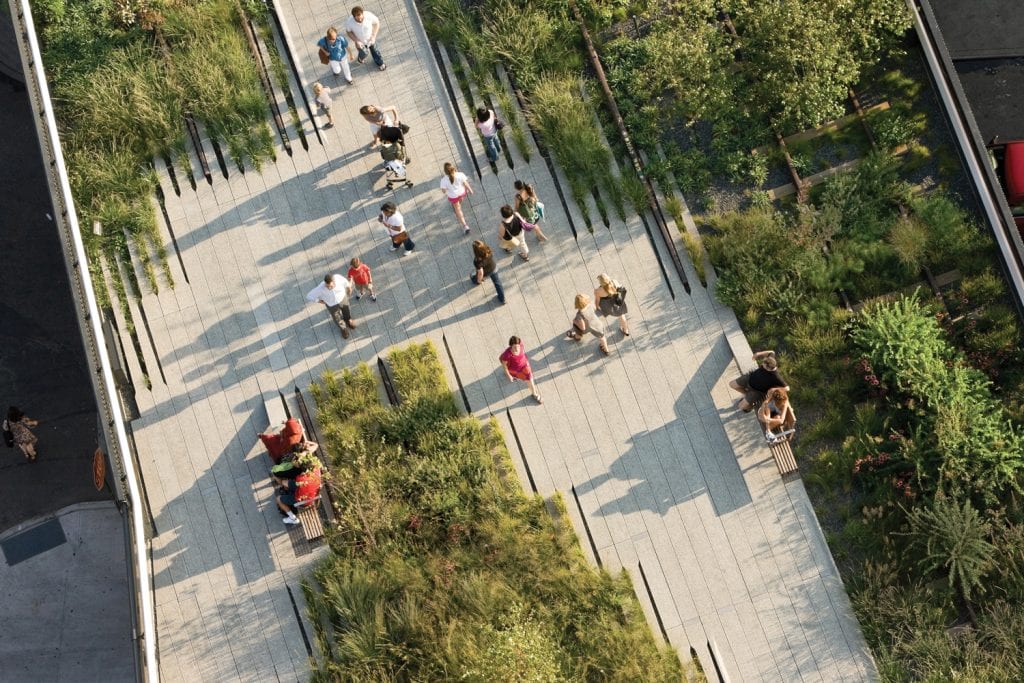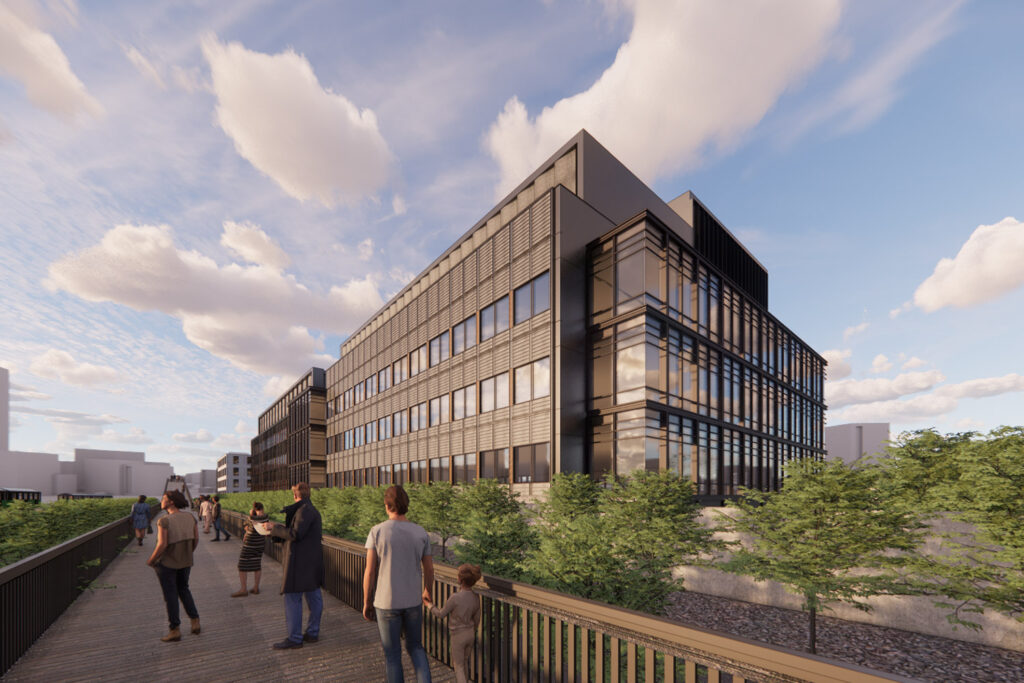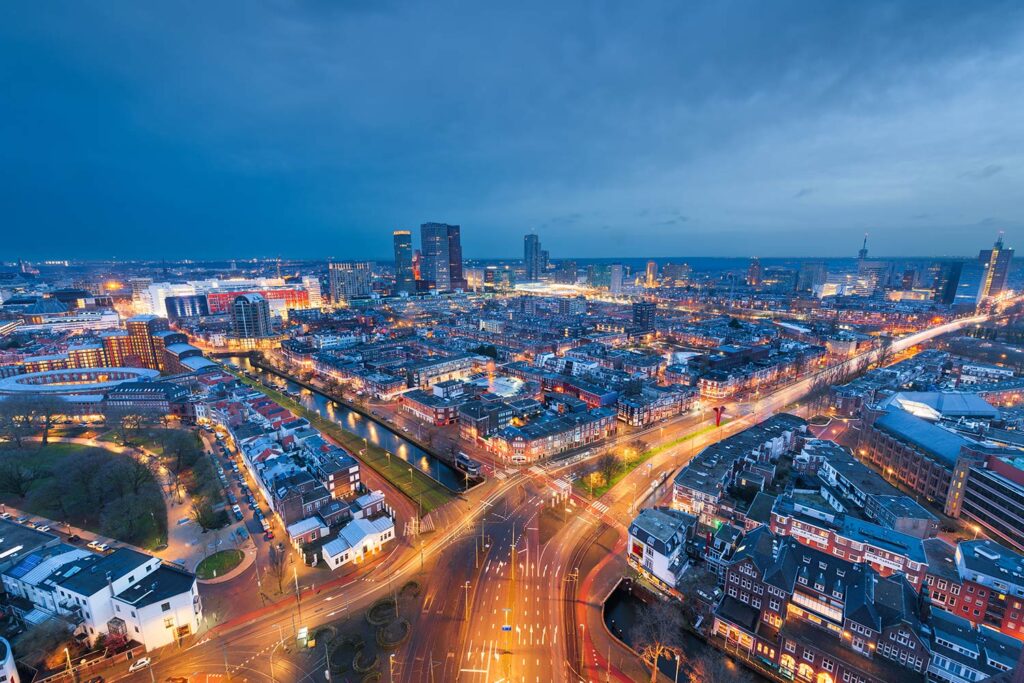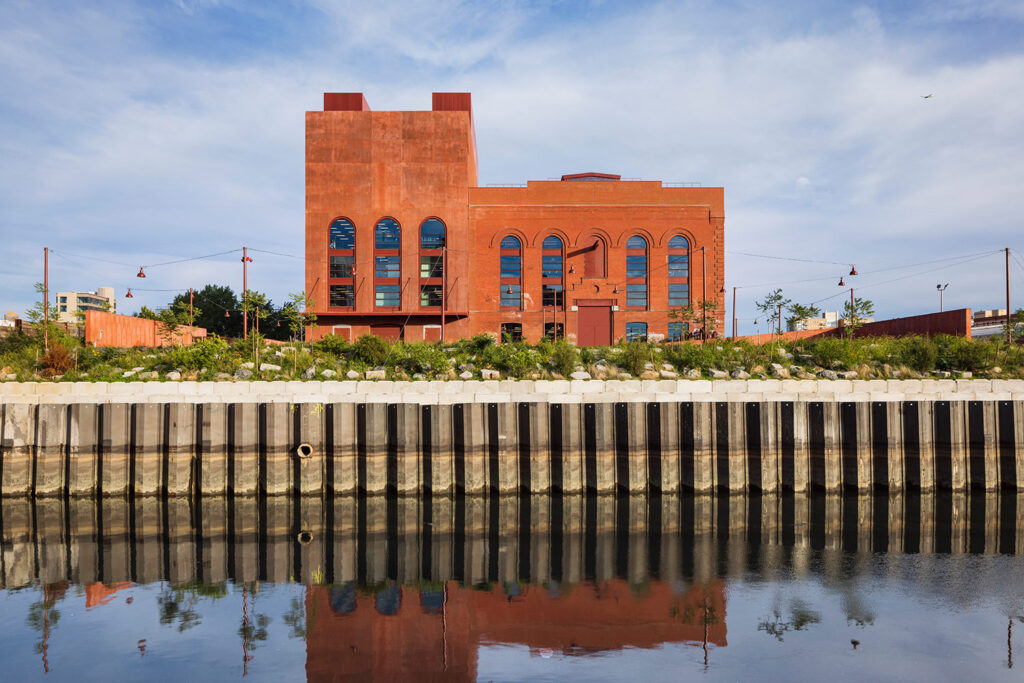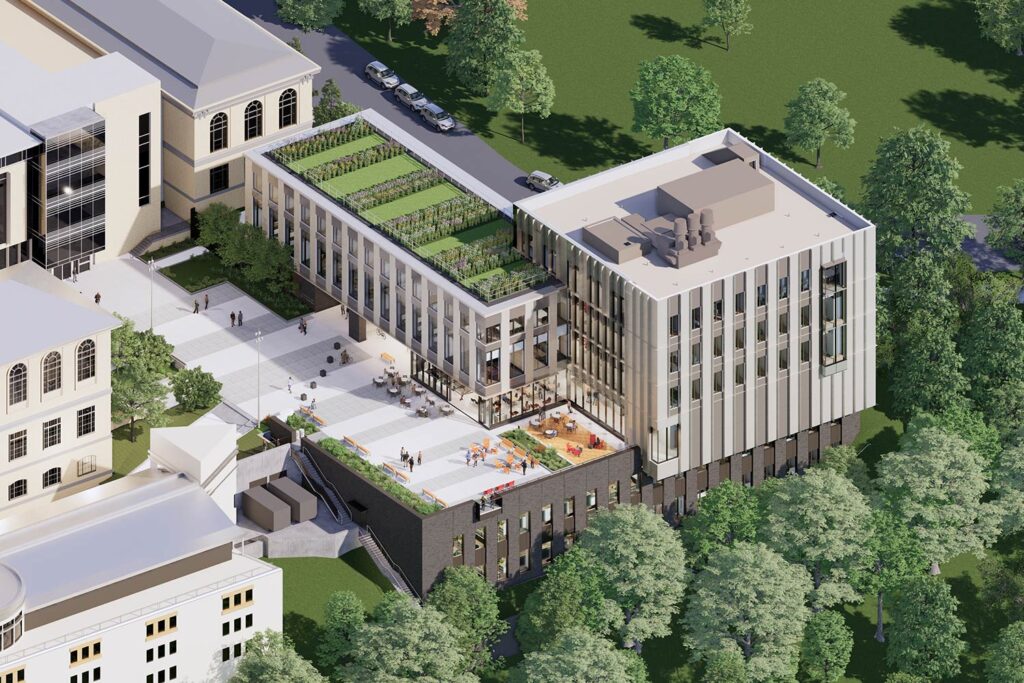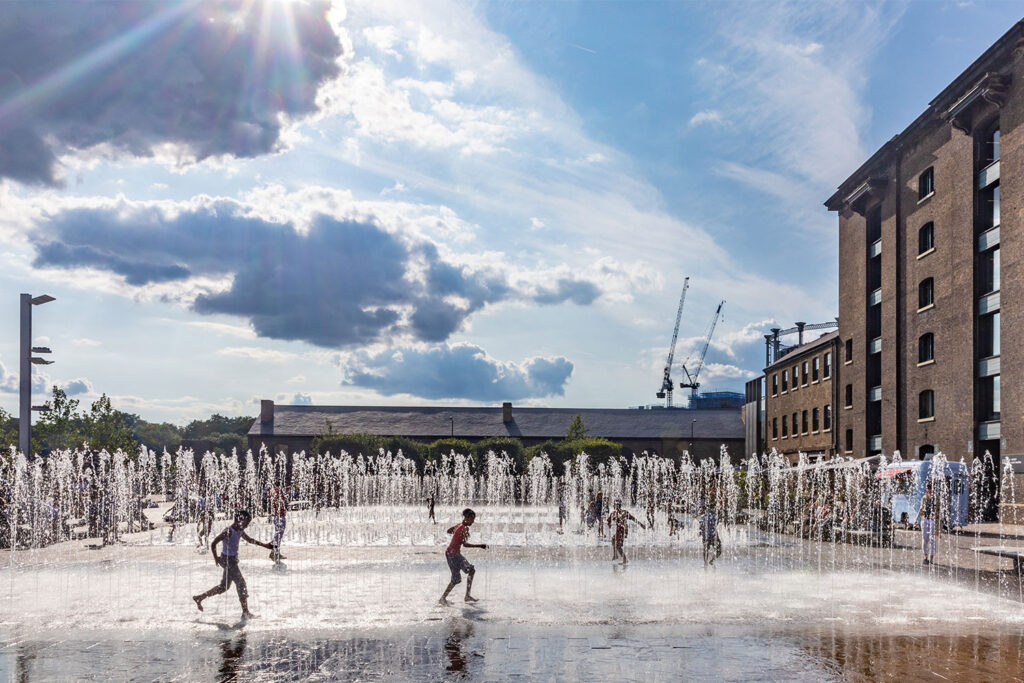How one Sussex village is helping build the path to low carbon community heating
How one rural community’s commitment to transition from oil to low carbon heating is fuelling the UK’s ambition to reach net zero by 2050.
In the village of Barcombe, East Sussex, a quiet revolution is occurring to tackle the climate crisis. As the UK government declares its ambition to reach net zero carbon emissions by 2050, this local community is working from the ground up to find ways to achieve it.
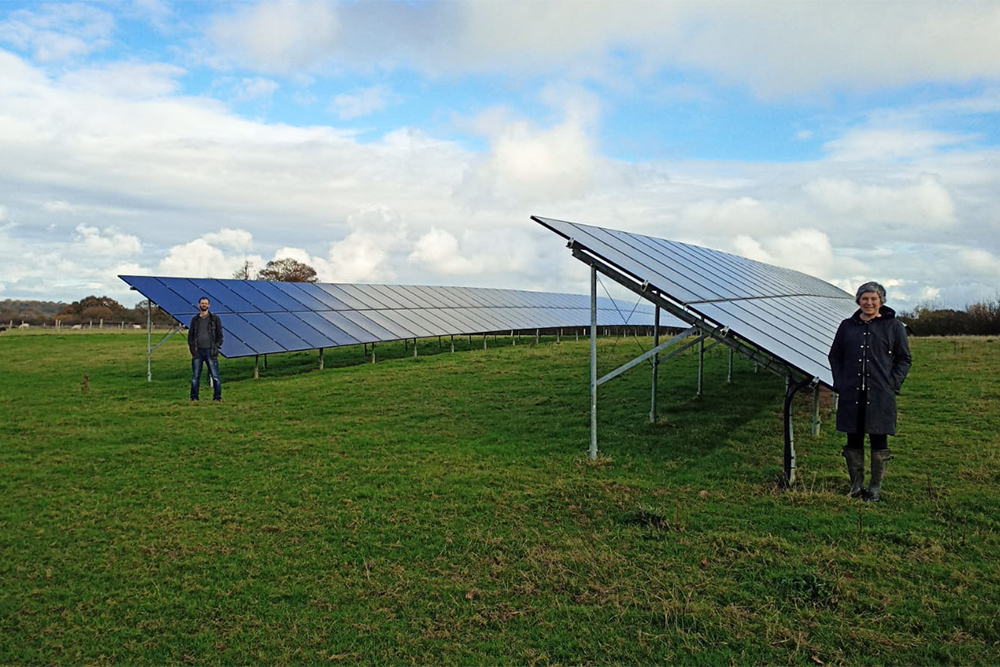
CommuniHeat seeks to develop a roadmap and ‘write the book’ that will enable rural communities to switch from expensive and carbon intensive fossil fuels to low carbon heating over the next 10 years. With fossil fuel based domestic heating accounting for 18% of the UK’s carbon emissions, this would be a considerable victory in the fight to save our planet.
Throughout 2021, Buro Happold’s energy consultants will be working in partnership with electricity distributor UK Power Networks, local community energy groups Ovesco and Community Energy South (CES) as well as 650 households across Barcombe to gather data and understand how the transition could be made for this village. In doing so, we will produce a replicable model that can be applied across the UK.
‘Our involvement with CommuniHeat combines local area planning with energy system modelling and techno-economic analysis to understand how Barcombe can move to low carbon heating comfortably and affordably,’ says Phil Proctor, Associate Director, Energy Consulting at Buro Happold. ‘This includes creating energy profiles for all homes, calculating the conversion process of replacing existing heating systems with more efficient systems, and then modelling these findings to see how the electricity network could be adapted to accommodate the transition. We also take into account the uptake of electric vehicles to make sure that we have the full picture.’
We also take into account the uptake of electric vehicles to make sure that we have the full picture.
Phil Proctor, Associate Director, Energy Consulting at Buro Happold
Over the next five months, Buro Happold will be carrying out the initial data gathering process. Fifty homes have agreed to be fitted with data loggers, and a further 150 home surveys will be conducted. Residents can also access and complete questionnaires on the website to help with this stage of the project.
‘As well as giving us vital information about the village of Barcombe, this work will enable us to create archetypes and scenarios that can be applied to other rural communities across the UK irrespective of how they heat their homes,’ says Phil. ‘That includes establishing which technologies would be most applicable to use in a 1970s home versus an 1890s cottage, understanding how these low carbon alternatives will affect demand on the electricity network, and looking at ways we could finance these systems through a community model.’
The CommuniHeat partnership also aims to gain insight into how the transition from off gas grid to low carbon heating could be managed moving forward. While Buro Happold is assessing technology, selection and opportunities, Ovesco is working to engage the community and UK Power Networks establishing ways to adapt for transition and advise other network utilities on the process.
Key to a successful transition from off gas grid to low carbon heating is making the change at a community as opposed to individual level. This enables the utility network to plan in advance for the transition, putting measures in place to support it as required, and eliminating issues around power supply that could occur if people were switching from oil, for example, to electric on an ad hoc basis.
‘One of the concerns UK Power Networks had is that if an unplanned approach is taken, and the market carries on with people making their own choices in their own homes, there will be unforeseen pressure on utilities to cope with this,’ says Phil. ‘From a consumer perspective, making the right choices can be a minefield but a community model is likely to provide better information and make these transitions far more affordable, including lower energy costs for everyone.’
From a consumer perspective, making the right choices can be a minefield but a community model is likely to provide better information and make these transitions far more affordable, including lower energy costs for everyone.
Phil Proctor
At a time when local governments are establishing climate actions plans, yet struggling to deliver them given the limited capacity they have, CommuniHeat is gaining traction quickly. It shows the potential of taking a local area planning approach to work with self-motivated communities, bringing stakeholders together to effect change. As a result, other local authorities are already starting to engage with the initiative as a way to assist with the transition from fossil fuels to low carbon sources. Although the initial focus has been on off gas grid rural communities, the methodology could apply to any community that has the self-motivation to take this approach to decarbonisation, be it residential or commercial; rural, suburban, or city centre.
‘CommuniHeat will ‘write the book’ on how to decarbonise communities, and how to do it in such a way that multiple benefits come out of it,’ says Phil. ‘These benefits include enabling the UK to accelerate its transition to net zero carbon cost effectively and with minimal disruption, equipping utilities networks with the data they need to prepare for decarbonisation, as well as the potential to open up the market to the local supply chain which, post-Covid-19, is a great economic opportunity.
‘There’s a recognition that change is coming, and with CommuniHeat we want to take the opportunity to ensure that change is for the good. As a nation, we want to be exemplary in delivering against climate change targets, and that is why local people, local communities, householders and local government are wanting to find ways to work together to make it happen.’
In these times of unprecedented uncertainty, CommuniHeat has an empowering message. Combining the aspirations of a community with the determination of a nation to decarbonise our homes, communities and businesses, it shows how much can be achieved when people come together to create a brighter future.

